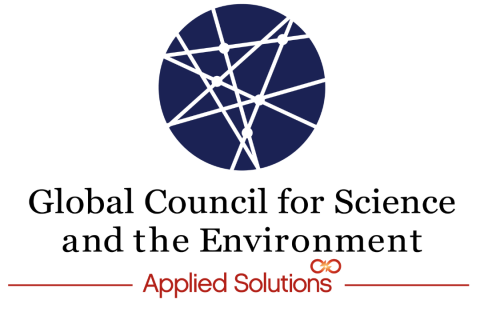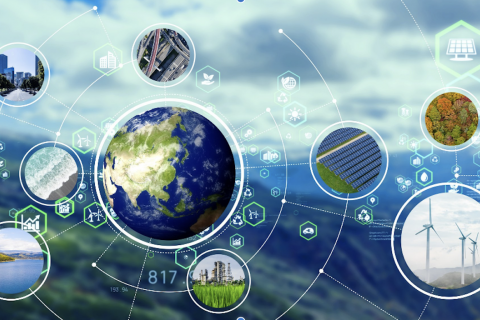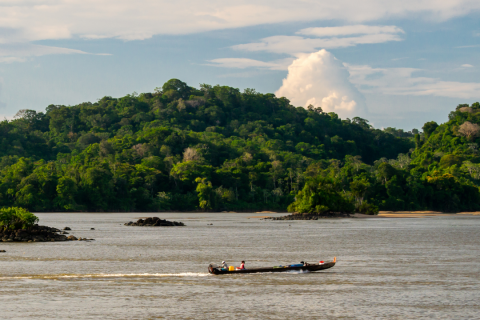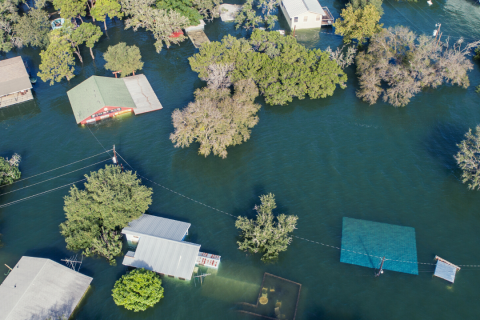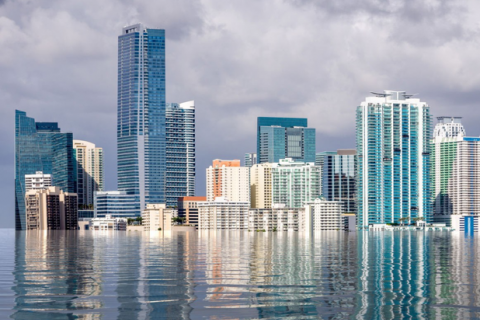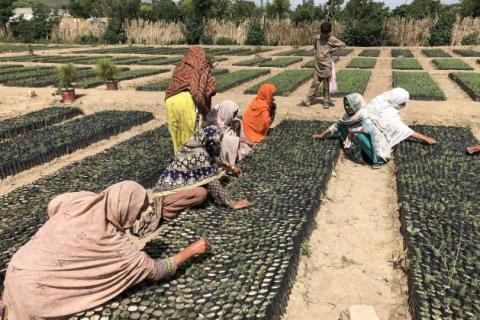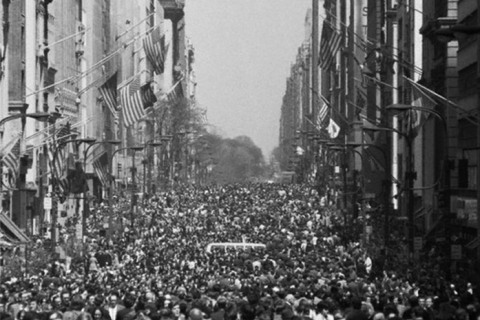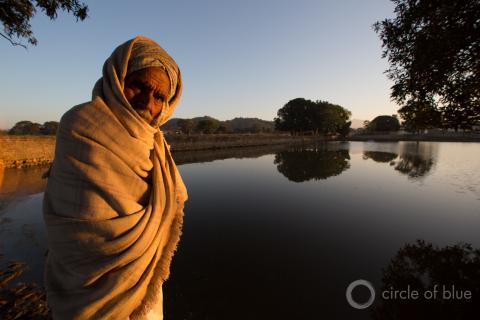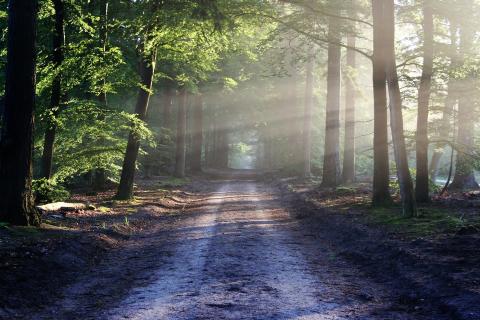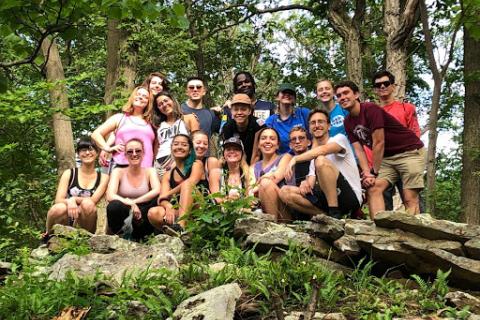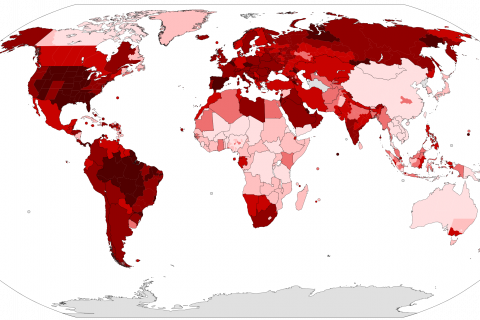* Essays offer an open forum to essays about science and the environment, and that they are the opinions of the writers but do not necessarily represent the views of GCSE.
GCSE Essays are authored by researchers, thinkers, and experts in GCSE's global network. GCSE Essays provide a deeper look into trending topics and new ideas across the environmental and scientific communities, with a particular focus on use of science to inform decision-making about complex environmental challenges.
Past essays have covered topics ranging from nature-based solutions, to health, to informative overviews of complex multilateral agreements. Essays are published on GCSE’s website and promoted in our monthly newsletter, The Connection, composed of approximately 20,000 scientists, educators, policymakers, business leaders, and officials at all levels of government across the globe. See submission form and guidelines here.
Applied Solutions Network for Actionable Science
February, 2022
The Global Council for Science and the Environment (GCSE) has relaunched Applied Solutions. Started in 2008, Applied Solutions was founded to promote collaboration between scientists and local government officials to improve environmental outcomes. In 2019, Applied Solutions officially became GCSE Applied Solutions.
Engaging the Global Environment Outlook to Advance Evidence-Informed Decision Making
January, 2022
The sixth edition of the Global Environment Outlook (GEO-6) was published in 2019 and is the first of this UNEP flagship series to delve deeply into examining the effectiveness of environmental policies. At the request of the Member States and stakeholders involved in the High-level Intergovernmental and Stakeholder Advisory Group (HLG), the scientists and experts who compiled GEO-6 examined 25 case studies of environmental policies and reviewed more than a dozen key environmental indicators to draw some lessons on which types of environmental policies are typically the most effective.
COP26 Retrospective from GCSE Science Delegates from Higher Education Institutions and Local Governments
December, 2021
"Let all disciplines be involved in issues of climate education and sustainability... whether it's drama, education, or sociology. Let it be mainstreamed." - Dr. Michael Nkuba, Post Doctorate Researcher, University of Botswana
Engaging Diverse Knowledge Systems for Sustained Impact
November, 2021
Collaborations and partnerships are commonplace in science and in environmental decision-making because we understand clearly that by working together, we are better positioned to address complex societal problems. Building on science-based knowledge from a long and strong foundation of reductionist approaches, we now frequently embrace more holistic and participatory methodologies, which are praised as more equitable, inclusive, and democratic.
Moving People Only Scratches the Surface of Purposeful Managed Retreat
October, 2021
Catastrophic impacts of climate change are setting the stage for a global diaspora from low-lying or otherwise climate-threatened areas to safer regions. The public dialogue and media around this imminent risk to frontline communities from climate change has rightfully focused on the movement of communities of people.
COP26: Seize the Moment
September, 2021
Four years ago, Dr. Thomas Lovejoy and Frank Sesno, both Board Directors of the Global Council for Science and the Environment (GCSE), asked Harrison Watson, now a Ph.D. student at Princeton University studying carbon and nutrient cycling, why he likes science so much.
Strengthening Our Resilience to Environmental Change is a National Security Imperative
July, 2021
The accelerating pace of environmental change has given rise to a challenging array of domestic and global scenarios with high potential to destabilize domestic security and geopolitical equilibrium, threatening U.S.
South Asia and Climate Change – Adapting to a Troubling Future
June, 2021
While most of the world’s attention is focused on the Paris Climate Agreement’s mandate, requiring developed countries to reduce their carbon footprint, the developing regions are faced with a stark reality in the not too distant future. Collectively, developing countries will bear the greatest burden of confronting the serious impacts of climate change.
Tipping Cascades for Climate Solutions: A New Paradigm?
May, 2021
thresh·old /ˈTHreSHˌ(h)ōld/ n: the magnitude or intensity that must be exceeded for a certain reaction, phenomenon, result, or condition to occur or be manifested. -Oxford English Dictionary
Science Alone Can’t Save the World. Activist Scientists Can.
April, 2021
The abundance and pace of knowledge creation today is unprecedented in human history. To activate this knowledge for transformational change requires the gamut of actors and actions, working together to accelerate sustained work to keep the planet from exceeding 1.5 degrees in warming. While the Global Council for Science and the Environment (GCSE) is a non-partisan nongovernmental organization, we value deeply our sister organizations and colleagues who demand decisive, swift action and leadership through activism.
Water Challenges on a Planet under Pressure
March, 2021
A. Karim Ahmed, Secretary-Treasurer, GCSE Board of Directors; Adjunct Professor, University of Connecticut Health Center J. Carl Ganter, Director, Circle of Blue; CEO, Vector Center
Reflections Looking Forward: Science Collaborations for a Just, Equitable, Regenerative World
February, 2021
In many ways, it feels to me like we are remembering a great deal as we progress. We are remembering that we are all part of this Earth community, in relationship with all, human and non-human. We are remembering what that means and how we can learn from one another. We are remembering what provides us life – clean air, clean water, sun-powered plants to sustain us, soil that regenerates with care and appropriate attention, and so much more. We are remembering how to live in gratitude and reciprocity.
Science Serves in 2020 and Beyond
December, 2020
“...this global pandemic has paved the way to the inevitable realization that the development of a supportive environment towards promoting scientific culture and temperament is essential towards tackling such pandemics in the future. And towards meeting these ends, policymakers globally have to prioritize the promotion of a better scientific environment and practice...” [1]
The Value of Expanding Drawdown Research Experiences: A Reflection From the NCSE Drawdown USA Scholars
December, 2020
During the summer of 2019, we had the opportunity to participate in the inaugural Drawdown Research Experience for Undergraduates (REU) along with fifty other undergraduates from across the country. The Drawdown Scholars REU is a summer-long program hosted jointly by Penn State and Project Drowdown in which undergraduates from universities across the country come to Penn State to conduct research relevant to Project Drawdown’s plan to reverse global warming.
The World Health Organization’s Role in Combatting the COVID-19 Pandemic: A Brief Overview
November, 2020
NCSE prepared a policy paper to assess WHO’s current role in response to the COVID-19 pandemic to provide policymakers and the public with an objective appraisal of WHO’s outreach activities and ongoing interactions with representatives of member states, the news media, civil society organizations, and the public.
